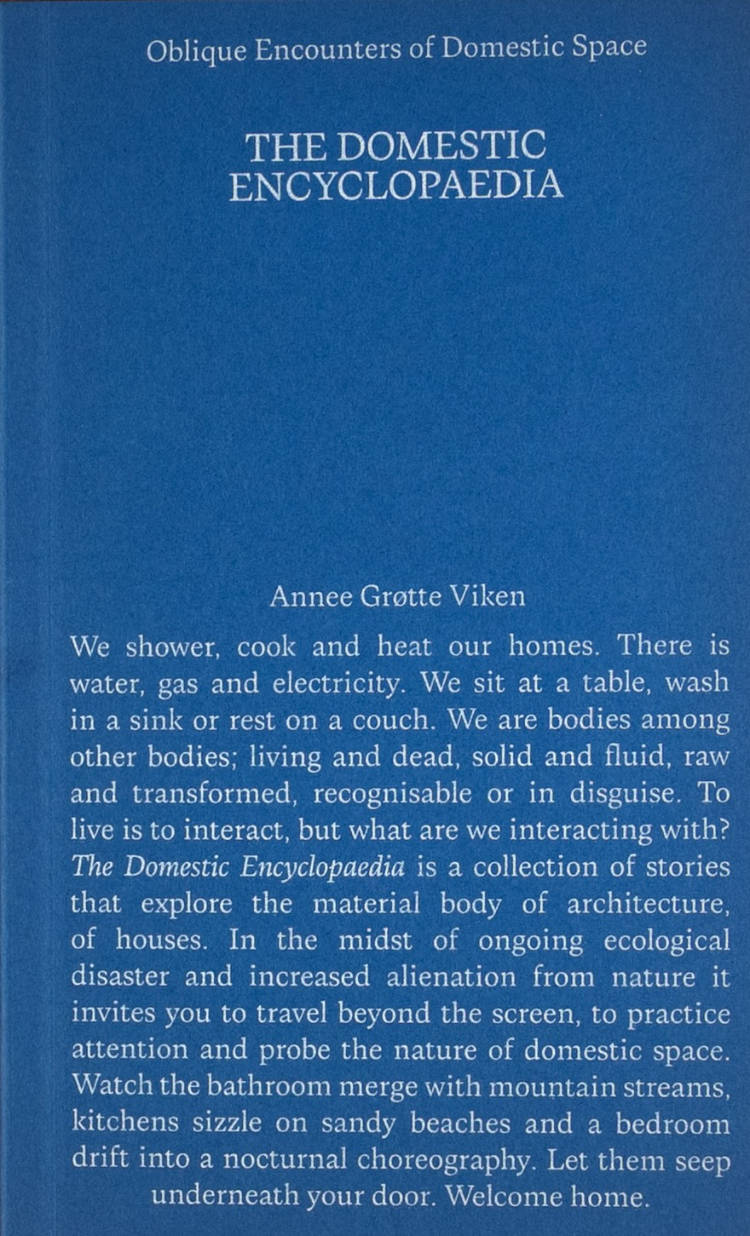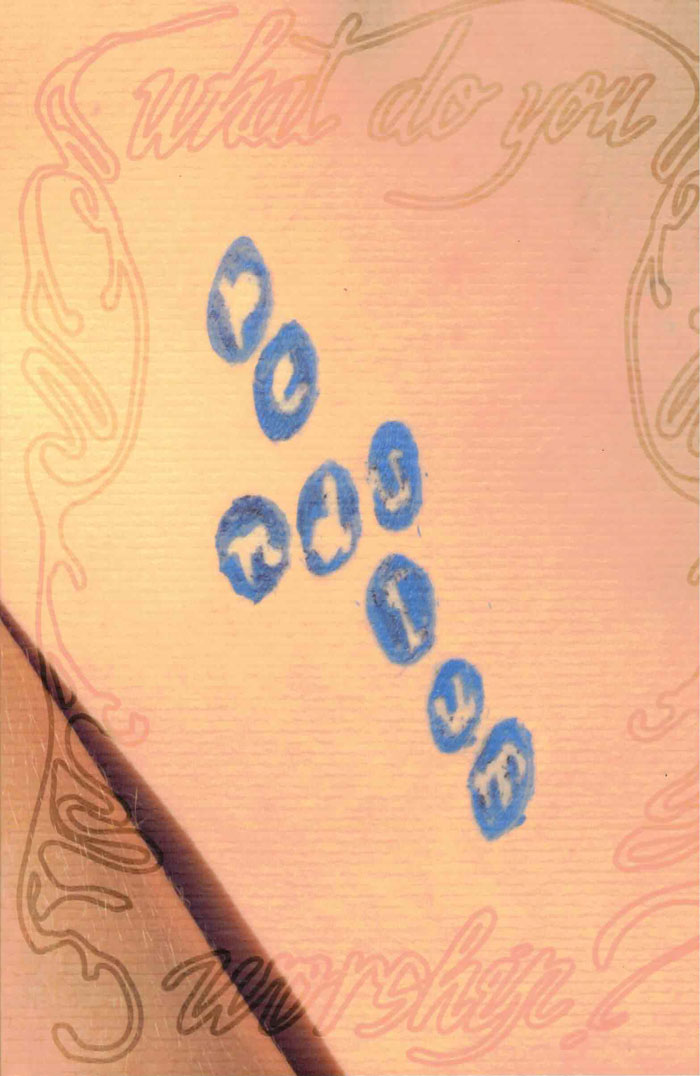
Agatha Bauer
Maru Mushtrieva ed., Romy Kießling ed., Gabriela Acha ed.
The title of publication series ‘Agathe Bauer’ stands for a broadly misheard hook “I’ve got the power” from a German 1990 Eurodance hit ‘The Power’ by the band Snap! The hook that turned the song into a hit, came from Jocelyn Brown’s track ‘Love's Gonna Get You’, but neither her name nor the track appears in the credits. And, here is where Agathe Bauer comes in - a mysterious being who acquires agency through the homophonic misinterpretation of the main hook “I’ve got the power”.
In ‘Issue Zero: Picking Up Promises’ Agathe has an agenda. Nothing could be as it would have been, but she is here to trace the sources of how it has become. Agathe Bauer is here to analyze the capacity of misinterpretation to unveil asymmetric power structures in knowledge systems and by tuning into the social-political, cultural and aesthetic dimension of it.
‘Issue Zero: Picking Up Promises’ features contributions by: Gabriela Acha, [{“CIBELLE”(CAVALLI}BASTOS)], Lynn Hershman Leeson, Romy Kießling, Markues, Luzie Meyer, Maru Mushtrieva, Claudia Pagès, Ruth Wolf-Rehfeldt, Miriam Stoney, Christine Sun Kim, Eric Winkler, Miriam Yammad, Anna Zett.
Conceptualized and edited by Gabriela Acha, Romy Kießling, Maru Mushtrieva.
Designed by Timur Akhmetov.
Language: English





